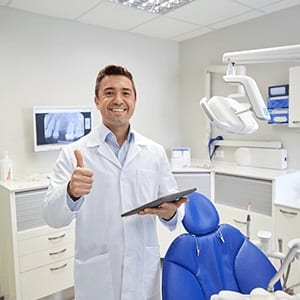
Dental care is costly. First, you have the cost of insurance (if you choose to enroll). Depending on your coverage, you may get a checkup, cleanings, and x-rays once or twice a year. But what happens when you, your spouse, or your child needs a filling, root canal, orthodontia, or an emergency extraction? Insurance probably won’t cover the entire cost of those procedures.
However, if you have a Flexible Spending Account (FSA), Health Savings Account (HSA), or Limited Purpose FSA, you have a reason to smile. These consumer directed healthcare accounts can go a long way towards covering many out-of-pocket dental treatments and procedures.
Consumer Directed Healthcare Accounts and Dental Care
Whether you have an FSA, LPFSA, or HSA, you have a great financial tool at your disposal. You’ve set aside your funds (tax-free) to help cover approved medical expenses – dental procedures are a great way to spend those benefit dollars.
Which dental procedures are eligible?
Whether it’s for you, your spouse, child or other legal dependent, you can pay for the cost of the following at the dentist office:
- Teeth cleaning
- Check ups
- Fillings
- Sealants
- Crowns
- Bonding
- Dentures
- Tooth extraction
- Braces and orthodontia
- Inlays and onlays
- X rays
- Oral surgery
- Gingivitis treatments
- Gum recession treatments
You can even pay for the following over-the-counter goods with your consumer directed healthcare account:
- Denture adhesive and cleansers
- Ortho wax for braces
- Mouth guards
- Light therapy systems
What dental expenses ARE NOT covered?
The IRS Publication 502 guidelines specifically state that what qualifies as an eligible expense must fall under the “diagnosis, cure, mitigation, treatment, or prevention of disease, and for the purpose of affecting any part or function of the body.”
In other words, expenses related to cosmetic dentistry such as teeth whitening, veneers or cosmetic orthodontia are not eligible. Also, every day use items such as mouthwash, toothpaste, toothbrushes and floss are not eligible for reimbursement.
Now you have one more reason to smile! Your FSA or HSA has you covered for dental care. If you aren’t sure about eligible expenses, contact your benefits administrator for more information.